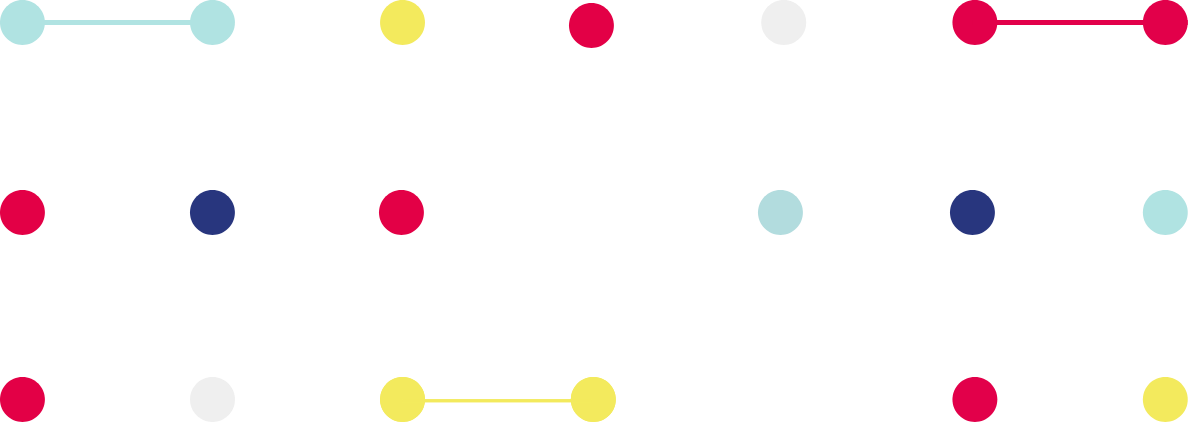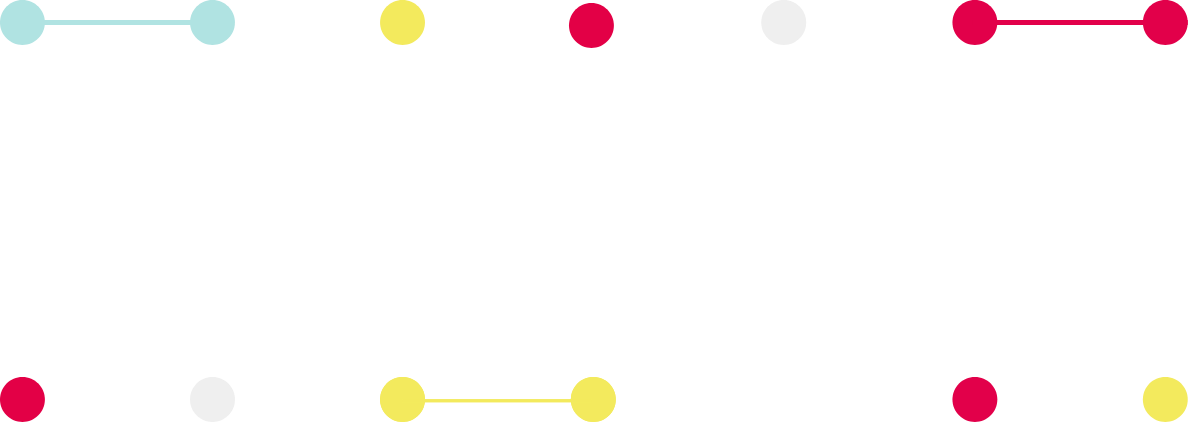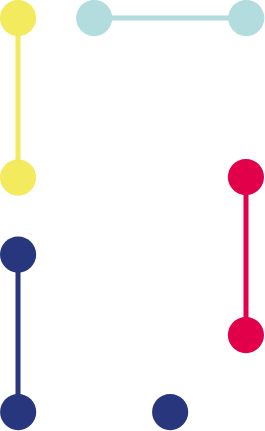___________________________________________________________________________________________________________________________________________________________

With London Tech Week coming up next week, it’s an apt time to introduce Home Grown member, Zahara Miriam, Founder and Director of Fortress Computing Technology Limited.
Zahara was recently featured in an interview with Lovelace Series: Profiles of Women in Tech, where she discussed her projects within Europe’s tech entrepreneurial ecosystem.
Home Grown remains the go-to leading business club in London. Keen to find out more about our vibrant community of entrepreneurs? Contact us at Membership@HomeGrownClub.co.uk
For the full article written by Lovelace Series, click here.
___________________________________________________________________________________________________________________________________________________________
Meet Zahara, a great women with a very diverse background encompassing both creative design and advanced technology – an accomplished software engineer and consultant. After initially working as an interior designer, she successfully pivoted her career into the technology sector a decade ago. She has since mastered multiple facets of software engineering, holding key positions and working in projects for government bodies and influential banks. Today, she proudly manages her own software consultancy firm, supporting fledgling tech startups and driving forward her independent entrepreneurial aspirations. Dive into her compelling narrative, discover the challenges she tackled head-on during her career shift, and gain insightful thoughts regarding bolstering inclusiveness in modern technology sector/
I have a unique background that blends creativity and technical expertise. I started my career as an interior designer, honing skills in 3D modelling software like 3DS Max and AutoCAD. However, a decade ago, I transitioned into the technology field, leveraging my technical aptitude and self-learning abilities to acquire coding skills through online courses and meetups.
Over the years, I have held various roles in the software engineering domain. I began as a front-end engineer, working with consultancy firms to deliver projects for government agencies. Subsequently, I joined major banks like BNP Paribas Fortis, where I built business banking applications. Continuously expanding my skill set, I became a full-stack software engineer, proficient in both back-end and front-end development, working with startups and scale-ups.
I have been involved in building prototypes and beta-level business intelligence (BI) platforms for healthcare and edtech use cases. These platforms have been utilized by organizations such as the Home Office and National Healthcare Services in the UK. The aim of these products has been to aggregate datasets, allowing stakeholders to understand and perform comparative data analysis.
Currently, I am the founder and owner of Fortress Computing Technology Ltd. We work closely with startups, assisting them in building their early-stage products for market release and collaborating with later-stage startups to develop features for future releases. Our projects span across Europe and internationally. Alongside this I am a tech founder building and developing my own startup ventures.
During my time working as a designer I started to understand that I was quite analytical and enjoyed processes. I also wanted to create products which can make an impact and improve the lives of others and technology is doing this.
I have always been interested in learning new things and especially interested in new technologies such as software as I enjoy problem solving.
I love the challenge of engineering and needing to rapidly learn. Technology is always changing and there are many ways to solve a problem which makes it interesting and fun.
One of the biggest challenges has been remaining up to date with the latest technologies and the learning curve transitioning into technology.
I have overcome this through self study, there are so many opportunities online to learn and connect with the tech community through discord or slack if you are experiencing issues with troubleshooting or have questions and developers are always willing to help.
Initially studying and learning about the process was challenging and rewarding at the same time.
My long term partner has been a huge support in my tech journey and has always motivated me to grow in my career. My colleagues and the open source community have also been supportive and have helped me to learn and develop my skills. Most often someone has experienced the same issue as you have and I’ve learnt the importance of asking questions.
Through my journey in tech I’ve learnt that you won’t always know everything and that is okay.
When I started my career as an engineer I was always one of few women within my team, that being said I have always felt very supported within all of the teams that I have worked in. In the earlier stages of my engineering career I was fortunate enough to work with both startups and major banks with diverse and international teams. I was able to learn from others and also share my knowledge. I think startups are a great place to really take ownership and grow as an engineer as teams are smaller and dedicated and there are always opportunities to deliver beyond your role as there is always so much that needs to be done in a short space of time.
Startups also allow you to rapidly learn and experiment with new technologies, something that isn’t always possible in larger organisations with larger teams.
Recently I am noticing more women in tech teams which is great to see and I hope more women continue to grow and develop their careers in the technology field.
When I was starting out in technology it was difficult for me to have a work life balance as I needed to invest a lot of time into understanding technology processes and languages.
I have worked in numerous roles from full-time to contractual roles which has been my focus since the past 5 years. Within this time I have setup my own software consultancy which has required me to focus on building a business where I have spent a lot of time.
I think it is important to take regular breaks and to have a work life balance especially with remote working.
I now have a work life balance which I enjoy. I don’t work on weekends and block out times in my calendar for personal activities to make sure I am taking care of my health. I like sports and have a passion for pickleball! I also travel and spend time in nature hiking. Health and wellbeing is very important to me.
I believe that programming skills in Python are very important today and understanding algorithms and data modelling.
With the rapid growth of AI and ML there is a high demand for integration of AI/ML features into products and services across industries, especially enabling personalization through recommendation systems, natural language processing for virtual assistants and sentiment analysis, data-driven decision-making, and the automation of repetitive or complex tasks.
Having transitioned in my career I would like to see more opportunities for people who might be returning to work after some time or people who are wanting to upskill to change careers into technology especially at a later stage in life.
Given the rapid developments in technology it is easy to feel out of touch and skills becoming obsolete, we need to create opportunities for people to benefit the economy and help to enter into the field of technology.
My current focus is on founding a tech focussed startup and moving into a full-time CTO.
Over the past year I have been exploring ideas and collaborating with potential co-founders to take a product to market. I am ready to build and release my MVP and take this venture to the next stage.
Other than this I am passionate about sharing my knowledge and continuing to learn. I would like to create content about technology to help others who want to learn.
I have a few role models in technology and business.
Melanie Perkins founder of Canva is one of my role models since her quote resonated with me a lot: “Plant lots of seeds and one of them will grow”.
This really put things into perspective for me as an entrepreneur and helped to improve my mindset to experiment more and be open to change and collaboration.
Robert Kitosaki is also a role model as reading his books has improved my relationship with my finances and towards an entrepreneurial mindset.
Mira Murati, CTO of OpenAI. It would be great to hear her journey to becoming the CTO of a OpenAI which is an inspiration for women like myself. Sharing her experiences, lessons learned from being pivotal in scaling OpenAI and building innovative technology.
___________________________________________________________________________________________________________________________________________________________




Discover Marylebone’s best kept secret